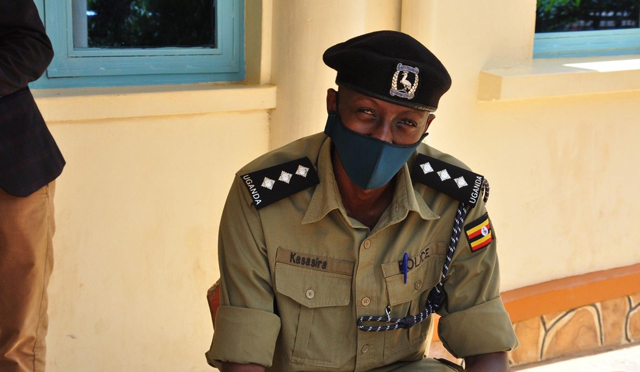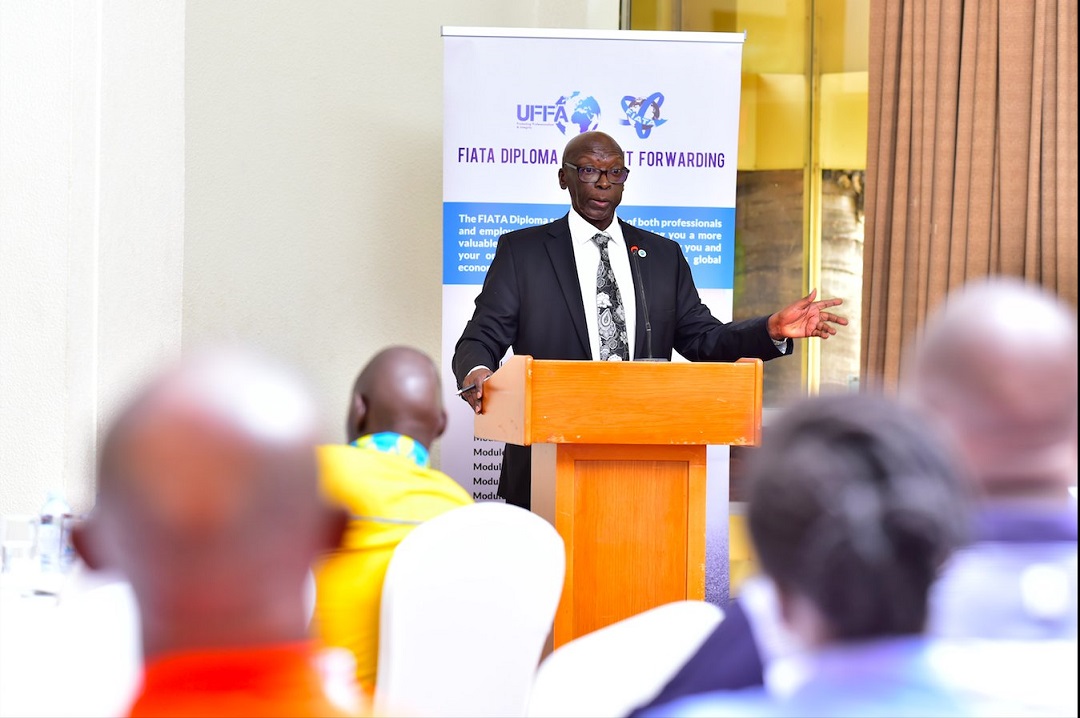Across the African continent, coups and civil wars have become recurring phenomena, severely impacting progress and stability, despite efforts to promote democracy and peace.
On July 26th 2023, the media across the world was awash with shocking news of a military coup underway in Niger, with Presidential guards detaining HE. Mohamed Bazoum in his palace.
Rumours soon swirled that the guards engaged in an anti Republican demonstration and tried in vain to obtain the support of the military to overthrow the President. For now, the head of the state remains inaccessible, detained in his palace with his family.
West Africa’s 15-nation regional bloc, the ECOWAS condemned the coup attempt and called for Bazoum’s immediate release, warning that all those involved would be responsible for his safety.
What is happening in Niger is the latest in a web of unending political wrangling which has engulfed the African continent, resulting into bloody skirmishes between security forces and demonstrators, mutating into civil wars, which has undermined development and led to terrible loss of life.
For instance; On August 18th 2020, Malian President Ibrahim Boubacar Keïta was overthrown in a military coup led by Colonel Assimi Goïta.
The coup was prompted by widespread public dissatisfaction with the government’s handling of political corruption, economic challenges, and an insurgency in the country’s northern region.
On September 5th 2021, Guinean President Alpha Condé was ousted in a military coup led by the Special Forces of Guinea. The coup was met with international condemnation, and the African Union suspended Guinea in response to the coup.
Sudan witnessed a series of political developments, including the removal of longtime President Omar- El-Bashir in April 2019 through a military coup following widespread protests against his rule.
A transitional military council took over, but continued protests led to a power-sharing agreement between the military and civilian groups.
In April this year, power sharing disagreements between two generals who took a lead in overthrowing Bashir mutated into a fully-fledged civil war.
Over the years, Africa, a continent of unparalleled diversity and potential, has been grappling with the recurring menace of coups and civil wars that continue to afflict various regions.
Despite the vibrant cultural tapestry and vast natural resources, the continent has faced a multitude of challenges in achieving stability and sustainable development.
This article delves into the underlying factors contributing to the prevalence of coups and civil wars in Africa, shedding light on the complex dynamics that have perpetuated these crises.
Greed for power
Greed for power is a prominent cause of civil wars and coups in Africa, as it drives individuals and groups to seek control over resources, wealth and political authority. In pursuit of power, some leaders resort to authoritarian measures, electoral manipulation and human rights abuses, leading to public discontent and potential uprisings.
Additionally, the control and exploitation of valuable natural resources contribute to armed conflicts and violence. For example: in Democratic Republic of Congo (DRC), various armed groups, rebel factions, and even some government officials have sought to exploit and profit from these valuable resources, leading to conflicts over control of mining areas and revenues. This competition for resource wealth has fueled violence, corruption, and political unrest, with armed groups vying for power and influence.
Ethnic and religious divisions are exploited by power- hungry politicians to gain support from specific groups, leading to tension, and potential conflicts with others.
Ultimately, the quest for power, coupled with weak democratic institutions and external interference fosters a volatile environment, leading to a cycle of civil unrest and political instability on the continent. Addressing this underlying issue is crucial to promoting lasting peace, democratic governance and sustainable development in Africa.
Historical legacies. One of the primary reasons behind the recurrent coups and civil wars in Africa can be traced back to historical legacies. Many African nations gained independence from colonial rule during the mid-20th century, leading to the formation of nation-states with artificial borders that often disregarded tribal, ethnic, and religious divisions. This has fueled long-standing tensions and struggles for power, contributing to instability and conflicts.
For instance; Historical legacies stemming from longstanding political, ethnic, and economic tensions between the Tigray region and the central Ethiopian government, along with power struggles and unresolved disputes, contributed to the outbreak of armed conflict in the Tigray region in November 2020.
Political instability and weak governance. A significant number of African countries have experienced political instability due to weak governance structures, corruption, and a lack of democratic traditions. Political leaders often prioritize personal interests over national welfare, leading to discontent among marginalized populations and opening avenues for opportunistic coups and rebellions.
Socio-economic disparities: High levels of poverty, unemployment, and income inequality have plagued many African nations, exacerbating social tensions and grievances. The disparity between a small wealthy elite and the majority of impoverished citizens fuels discontent and disillusionment, which can be exploited by coup plotters or rebel groups seeking to capitalize on popular frustration.
Ethnic and tribal divisions: The continent’s diverse ethnic and tribal composition has been both a source of strength and vulnerability. In instances where political power is disproportionately concentrated in the hands of one group, it can lead to marginalization and resentment from other communities, escalating tensions and sparking conflicts.
External interference: African countries have often been influenced by external actors seeking to exploit their resources or advance geopolitical interests. These interventions, whether covert or overt, have at times aggravated existing conflicts or destabilized regions, making them more susceptible to coups and civil wars.
Access to arms and mercenary activities: The proliferation of small arms and the involvement of mercenaries in African conflicts have further complicated matters. Illicit arms trade and the use of mercenaries have prolonged wars and allowed rebels and coup plotters to sustain their efforts, perpetuating instability.
Lack of conflict resolution mechanisms: Inadequate conflict resolution mechanisms and weak regional institutions have hindered efforts to peacefully resolve disputes. This absence of effective mediation and reconciliation processes has allowed tensions to escalate and conflicts to persist.
Addressing the rampant coups and civil wars in Africa demands comprehensive efforts to tackle the root causes mentioned above. Strengthening governance, promoting economic development, fostering inclusive politics, and enhancing conflict resolution mechanisms are crucial steps toward achieving sustainable peace and prosperity on the continent.
External support in the form of cooperation, aid, and responsible investment can also play a constructive role in helping African nations overcome these challenges and move towards a more stable and harmonious future.
Do you have a story in your community or an opinion to share with us: Email us at Submit an Article








